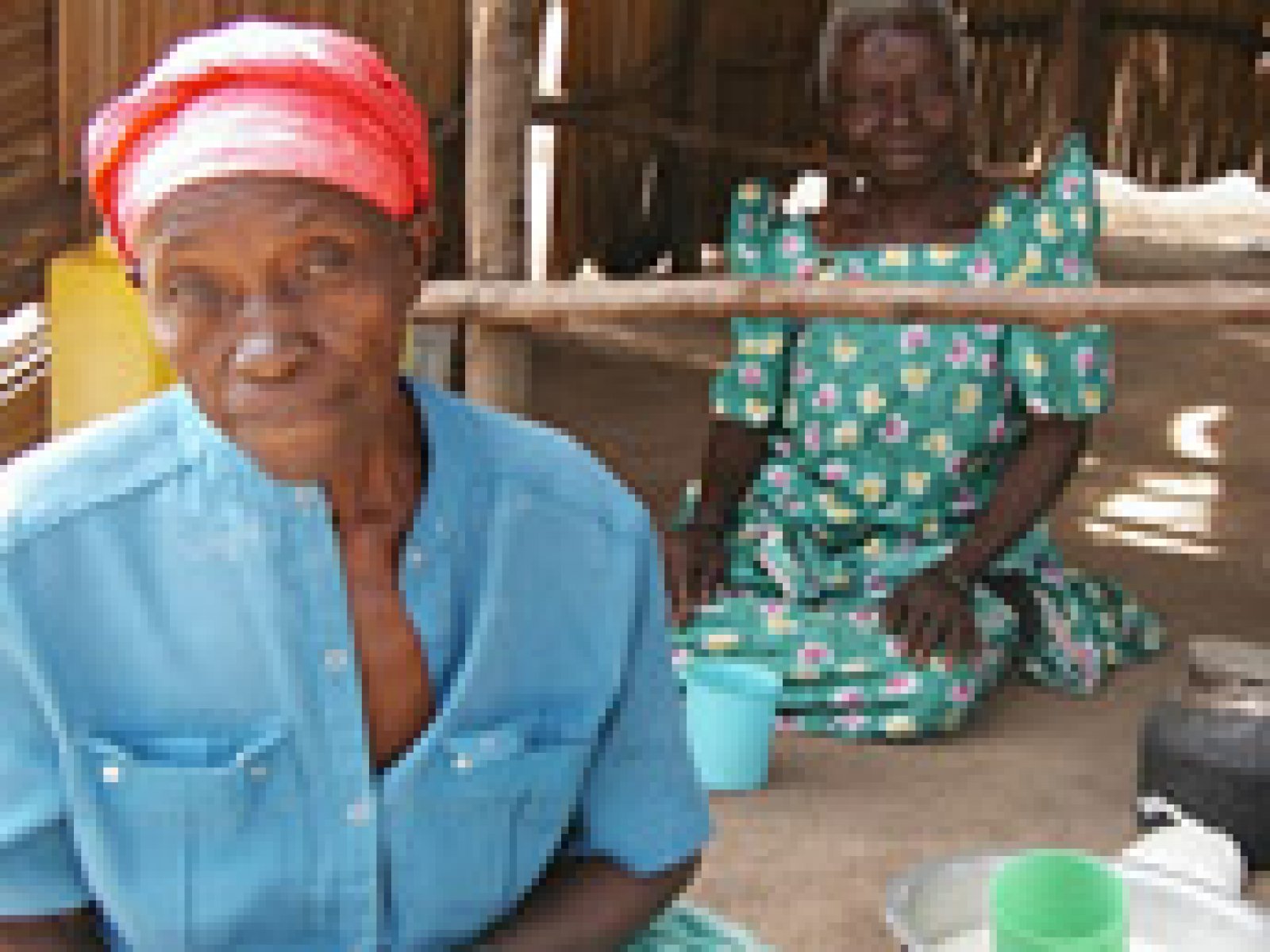
SHARE
An African activist group known as Law and Advocacy for Women in Uganda (LAW-U) has made significant progress in a fight for women’s rights issues. LAW-Uganda has made headlines fighting against domestic violence, female genital mutilation, polygamy, and human trafficking. The group has also fought for women’s land rights, female education, economic empowerment, and equal treatment under the law.
LAW-U recently celebrated a landmark legal victory. In a case against the Ugandan government, courts overturned existing adultery laws that made it a crime for a woman to have an adulterous relationship. The law imposed no such restrictions on men – violating a Ugandan constitutional provision that laws must apply equally to both men and women.
In another recent project, LAW-U crafted a training manual to educate the Ugandan public about human trafficking. The practice is widespread in central Africa, and targeted at vulnerable women. LAW-U expects to print 200 copies of the manual, which will provide an understanding of the issue, suggestions about preventing and responding to it, and instructions on organizing educational workshops.
LAW-U hopes to distribute the manual to the media, civil society organizations, police, Parliament, and other officials in an attempt to bring about changes in the law. Uganda currently has no domestic laws prohibiting human trafficking. The country has not ratified the United Nations Protocol to Prevent, Suppress and Punish Trafficking in Persons.
In April 2007, LAW-U brought a petition case to the Ugandan Constitutional Court in an effort to ban female genital mutilation (FGM) as a violation of women’s constitutional rights. In response, the Attorney General stated that FGM is not specifically mentioned in the Constitution and therefore not illegal. LAW-Uganda described FGM as a form of torture that constitutes cruel and inhuman treatment, which violates a woman’s rights under the Constitution. The group argued that FGM could lead to death, violating the right to life, and that it violated a women’s right to dignity if carried out in public, as is often the case.
The group was established in 1997 by Georgetown University in Washington, D.C., and a team of Ugandan lawyers associated with the Uganda Association of Women Lawyers, also known as FIDA-U, the Leadership and Advocacy for Women in Africa Project and the Women’s Law and Public Policy Fellowship Program at Georgetown.
NDI became involved with LAW-Uganda by holding capacity building workshops in its earliest days. Since then, NDI has participated in round-table discussions and meetings that bought members of the organization together with elected female legislators to discuss a common women’s legislative agenda.
LAW-U intends to keep working for women’s rights in Uganda as long the struggle for equality and inclusiveness under the law continues. The group will continue to conduct research and act as a resource center to facilitate the exchange of information. The group will also continue to support women by providing free legal advice on property rights, custody rights over children, and HIV/AIDS.
Information sources: National Democratic Institute for International Affairs, the Christian Science Monitor, the Women of Uganda Network, Georgetown University Law Center, Law and Advocacy for Women in Uganda.
–
Published on Sept. 25, 2007


